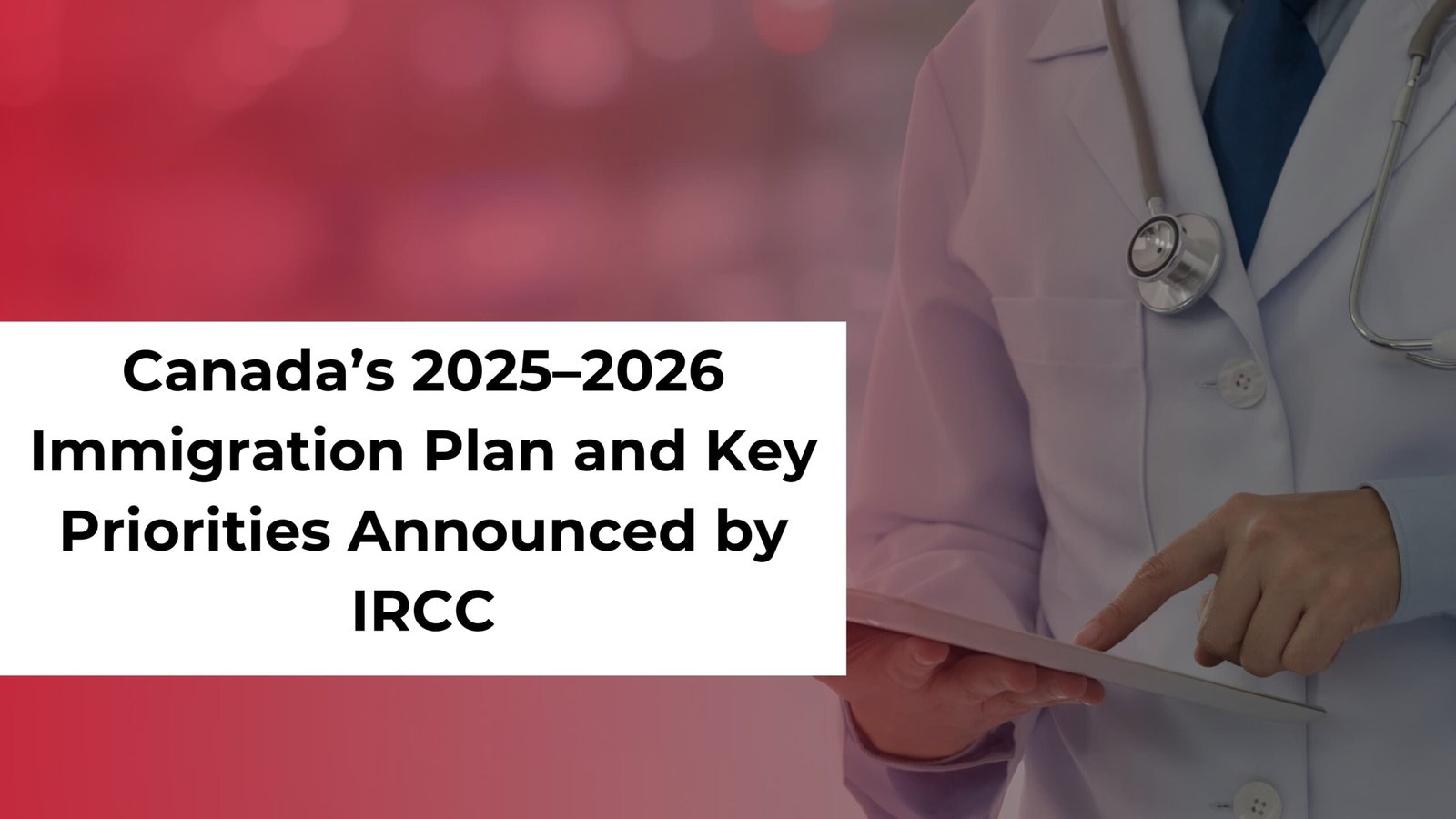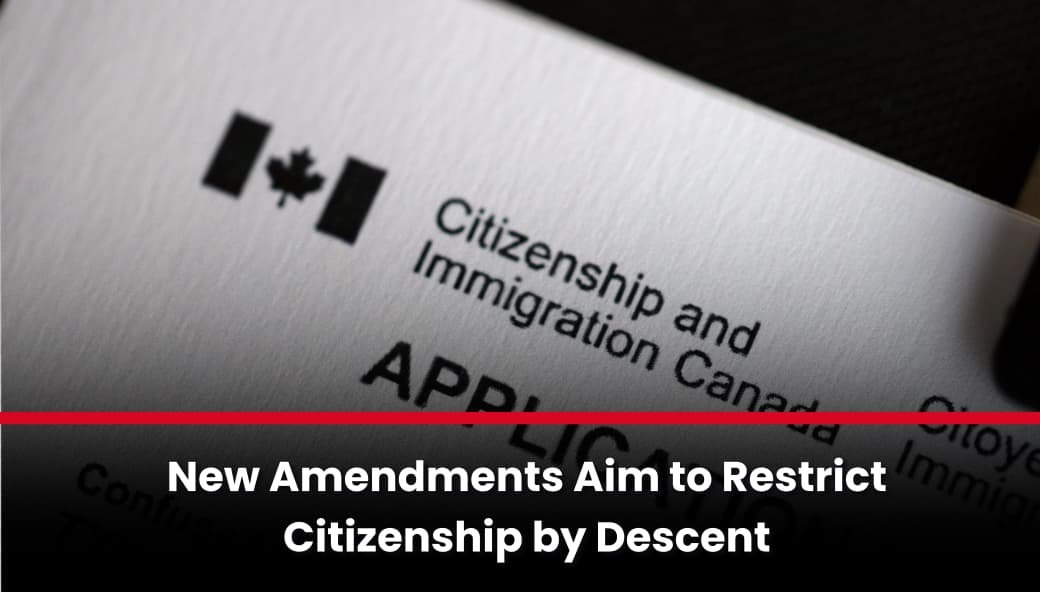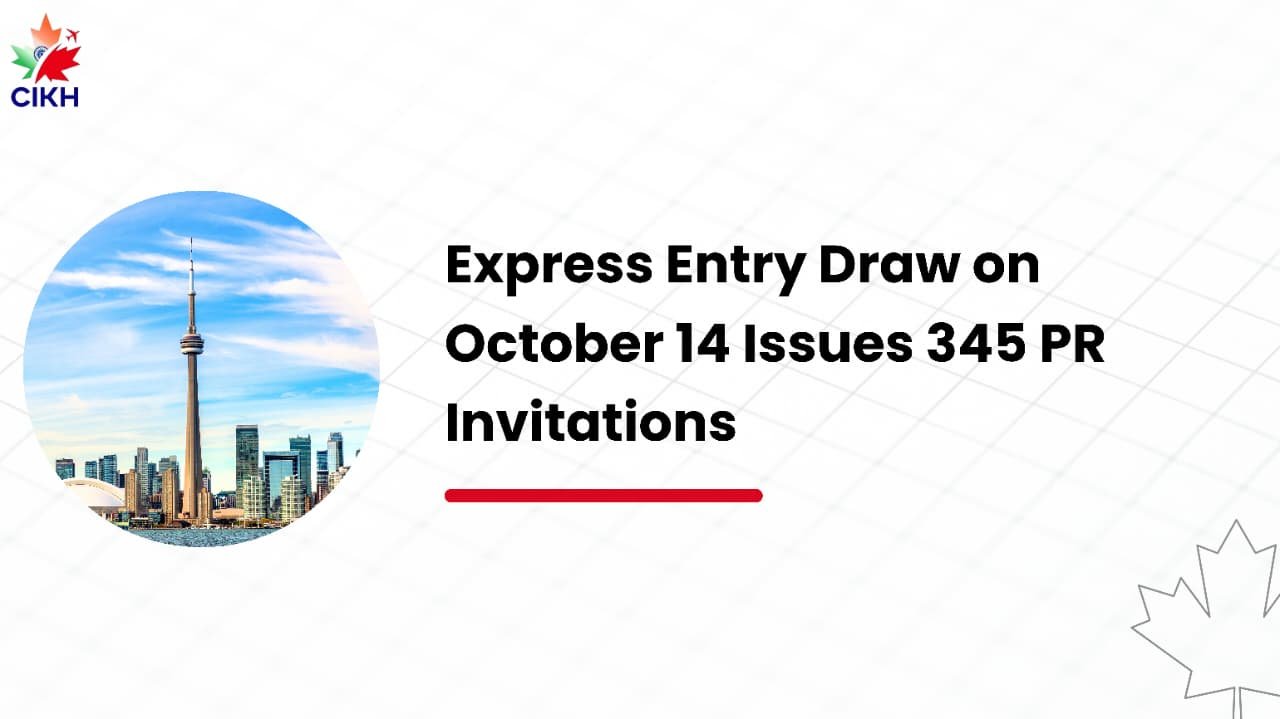On June 20, 2025, Immigration, Refugees and Citizenship Canada (IRCC) unveiled its 2025–2026 Departmental Plan, a comprehensive strategy that balances economic growth, social responsibility, and humanitarian leadership. This detailed plan outlines the department’s priorities, aiming to address Canada’s most pressing challenges, such as housing shortages and strained infrastructure.
With bold reforms across visa processes, permanent residency pathways, citizenship programs, and passport services, this roadmap is set to shape Canada’s future in profound ways.
Book Your Consultation for Canadian Immigration
This article dives into the core elements of the plan, breaking down its ambitious goals and discussing what it means for both Canada and the global community. Whether you’re an international student aspiring to study in Canada, a worker seeking opportunities in high-demand fields, or a citizen curious about the country’s future direction, this analysis will inform and engage.
Key Highlights of the 2025-2026 Departmental Plan
Canada’s immigration system stands at a crucial juncture. The 2025–2026 Departmental Plan responds to the global shifts of economic recovery, geopolitical challenges, and domestic pressures, including housing affordability. With a population of around 41.5 million, Canada is working to sustain its growth while ensuring that newcomers can thrive without overwhelming public services.
The IRCC’s strategy introduces a sustainable framework, aligning immigration levels with community capacity and prioritizing economic contributions while upholding Canada’s humanitarian values.
Key Plan Highlights:
- Temporary Resident Targets: A historic move to cap temporary resident arrivals, addressing concerns over housing and infrastructure.
- Express Entry Focus: Emphasizing candidates with strong French language skills or experience in sectors like healthcare, trades, and education.
- Refugee and Humanitarian Commitments: Expanding resettlement programs and modernizing asylum processes.
- Citizenship and Passport Modernization: Enhancing services to improve accessibility and global mobility.
Core Responsibility 1: Visitors, International Students, and Temporary Workers
A Sustainable Approach to Temporary Residents
Temporary residents, including visitors, international students, and workers, have been a significant driver of Canada’s economic growth and cultural diversity. However, rapid increases in temporary resident numbers have put pressure on housing, healthcare, and social services, especially in major urban centers like Toronto, Vancouver, and Montreal.
The 2025–2027 Immigration Levels Plan introduces targeted arrival caps to ensure sustainability:
- 2025: 673,650 new temporary resident arrivals
- 2026: 516,600 arrivals
- 2027: 543,600 arrivals
Minister Lena Metlege Diab emphasized, “Immigration has always been an economic advantage to Canada, but with that comes the responsibility to maintain a sustainable immigration level in line with our country’s capacity.”
These targets focus on international students and temporary workers, excluding short-term visitors, which include those on temporary resident visas or electronic travel authorizations (eTAs) and seasonal workers.
Streamlining Entry for Genuine Visitors
The plan introduces measures to streamline entry for legitimate visitors while safeguarding the integrity of the system:
- Expanded eTA: Travelers from 67 countries can apply for an eTA instead of a visa, with most approvals granted within minutes. This speeds up entry for low-risk visitors, boosting tourism and business exchanges.
- Visa Integrity: Enhanced training for immigration officers has led to a 61% increase in visa refusals for high-risk countries, ensuring that only genuine visitors enter Canada.
- Consultant Governance: New regulations for the College of Immigration and Citizenship Consultants will protect applicants from fraudulent advisors, ensuring a fairer and more transparent process.
Economic Benefits Through Targeted Programs
Temporary residents are essential to Canada’s economy, filling gaps in the labor market and contributing to innovation. The new plan introduces reforms to maximize these benefits:
- Prioritizing Essential Sectors: The Temporary Foreign Worker (TFW) Program will focus on sectors like agriculture, healthcare, and technology.
- Agricultural Labor Stream: A new work permit for agriculture and fish processing, along with expanded agreements with countries like Mexico and Guatemala.
- International Trade Agreements: Canada is negotiating labor mobility pathways with ASEAN nations and other trade partners, allowing skilled workers to enter Canada more easily.
International Students: Balancing Opportunity with Sustainability
International students contribute over $22 billion annually to Canada’s economy. However, the rapid increase in student numbers has strained resources. The 2025–2026 plan introduces targeted reforms to balance educational opportunities with available resources:
- Study Permit Caps: A controlled intake of study permit applications to ensure sustainability.
- Cost-of-Living Adjustments: Starting in 2025, the financial requirements for international students will increase annually to reflect changes in living costs.
- Post-Graduation Work Permit (PGWP) Reforms: The PGWP will be updated to prioritize sectors like healthcare, construction, and STEM.
- Spousal Work Permits: New eligibility criteria will attract skilled talent and address labor shortages in high-demand sectors.
Core Responsibility 2: Immigrant and Refugee Selection and Integration
The 2025–2027 Immigration Levels Plan sets reduced permanent resident admissions to ease pressure on housing and infrastructure:
- 2025: 395,000 admissions
- 2026: 380,000 admissions
- 2027: 365,000 admissions
By 2027, 62% of admissions will be allocated to economic categories, 22% to family reunification, 15% to refugees, and 1.2% to humanitarian admissions. Over 40% of 2025 admissions will be individuals already in Canada, either as students or temporary workers, facilitating a smoother transition to permanent residency.
Express Entry: Targeting In-Demand Skills
The Express Entry system will prioritize candidates with:
- Strong French language skills, supporting Francophone immigration goals.
- Work experience in healthcare, social services, trades, and education, sectors where there is an ongoing demand for skilled labor.
Family Reunification and Refugee Resettlement
IRCC aims to simplify the application process for family reunification and streamline the resettlement of refugees:
- Family Reunification: Improvements will be made to overseas spousal and child application processing times.
- Refugee Resettlement: Canada will resettle 12,000 refugees annually from Africa, the Middle East, and Asia-Pacific, with additional resettlements from the Americas.
Core Responsibility 3: Citizenship and Passports
Encouraging Citizenship
The plan includes initiatives to increase citizenship uptake, targeting 85% of permanent residents:
- Expanded e-applications for minors and families to reduce barriers to citizenship.
- Online knowledge tests and language waivers to simplify the process.
Modernizing Passport Services
With over 4.5 million passports issued annually, IRCC is enhancing passport services:
- Online Renewals: A new online channel for adult passport renewals, launched in 2024, will expand in 2025.
- Automation: A new processing system will reduce wait times for passport issuance.
- Global Access: The passport issuance platform will be deployed abroad, improving services for Canadians living overseas.
Broader Implications: What This Means for Canada and the World
The 2025–2026 Departmental Plan sets a clear path toward a sustainable, inclusive, and prosperous future for Canada. Key implications include:
- Economic Resilience: By focusing on high-demand sectors, Canada strengthens its global competitiveness.
- Social Cohesion: Investments in Francophone communities, refugee resettlement, and settlement services foster inclusivity.
- Global Leadership: Canada’s role in international migration forums sets a high standard for balanced, humanitarian-focused policies.
For immigrants, the plan provides clear pathways to success, while Canadians will benefit from a system that supports both growth and stability. With thoughtful policies and strategic reforms, IRCC is positioning Canada as a welcoming nation that addresses both its domestic needs and global responsibilities.
As Minister Diab stated, “We will reduce the share of temporary residents to 5% of Canada’s total population by 2026, and focus on transitioning temporary workers to permanent residency through our economic immigration streams.”





